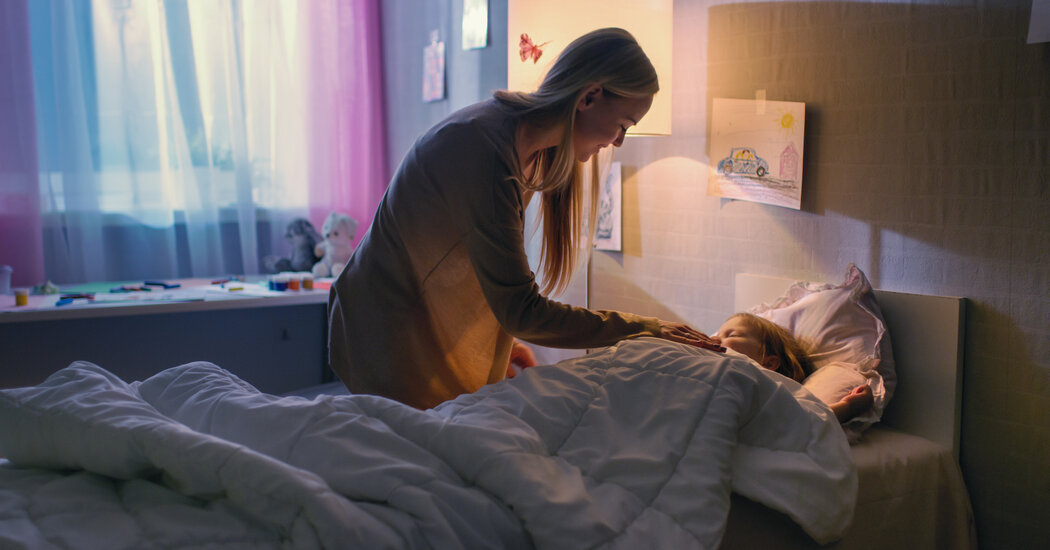“Young children are not likely going to say, ‘Mom, Dad, I’m feeling anxious, and this is how I’m manifesting that anxiety,’” Dr. Busman said. And many older kids, and even adults, she said, don’t necessarily connect their sensations and behaviors to the underlying anxieties that may be shaping them.
Younger children may show their anxiety by being more clingy, Dr. Busman said, “either metaphorically or literally,” and they may have trouble with sleep. But they may also be angry and disruptive, “when we’re threatened, we go into fight or flight mode,” she said. “Children might retreat and hide or they might protest.” So despite the stereotype that an anxious child will be fearful or inhibited, the worried child may actually be the tantrum-throwing child, the defiant child, the oppositional child.
Dr. Ibeziako suggested parents monitor what children encounter in what is often now more time spent looking at screens. Similarly, Dr. Busman recommended parents be mindful of their own conversations, understanding that children may pick up incomplete information, or adult worries. When children ask about what is going on in the world (or in the family), she said, take time to understand what the child already knows, and what information is being requested.
Don’t have those conversations late at night. “Bedtime is a lovely time,” Dr. Busman said, “but not the best time to have lengthy conversations about things that are on your kid’s mind.” Try calming exercises, she suggested, or visualization, like a mental vacation to a place the child has been before.
“Don’t get into bed with your child — you will fall asleep, and when you move they wake up,” she said. Sit next to the bed, rub the child’s back — but model that bedtime is not a time for talk. She suggested picking a “worry time” or even setting up a “worry box” where the worry can be written down and put away for later discussion.
Remind kids that they have power and agency, Dr. Zerrate said, “There are things they can do to keep themselves and their family safe, wash your hands, wear your mask, and we’re good to go.”
The message should be, “this is really hard and really complicated, and as a family, we’re going to be able to cope with this and be OK.”
[ad_2]
Source link


